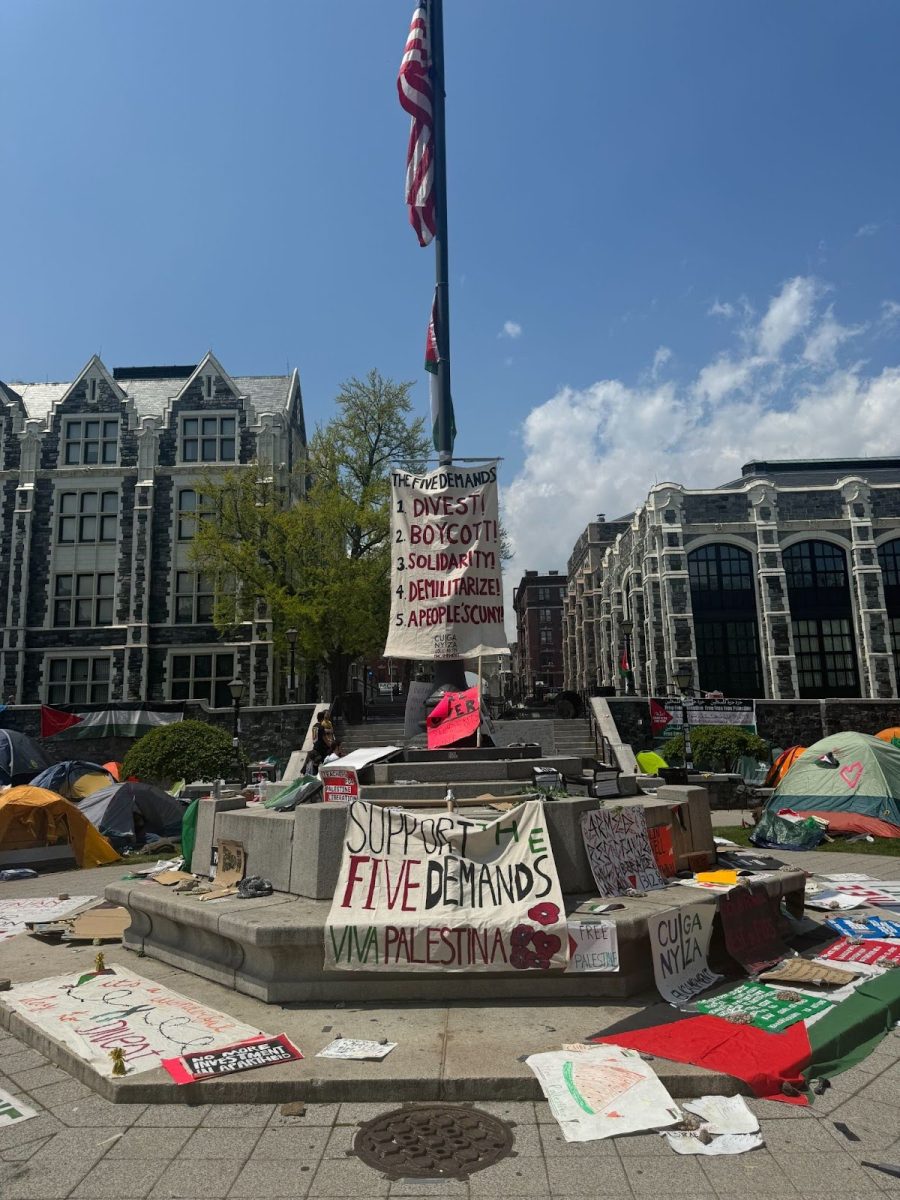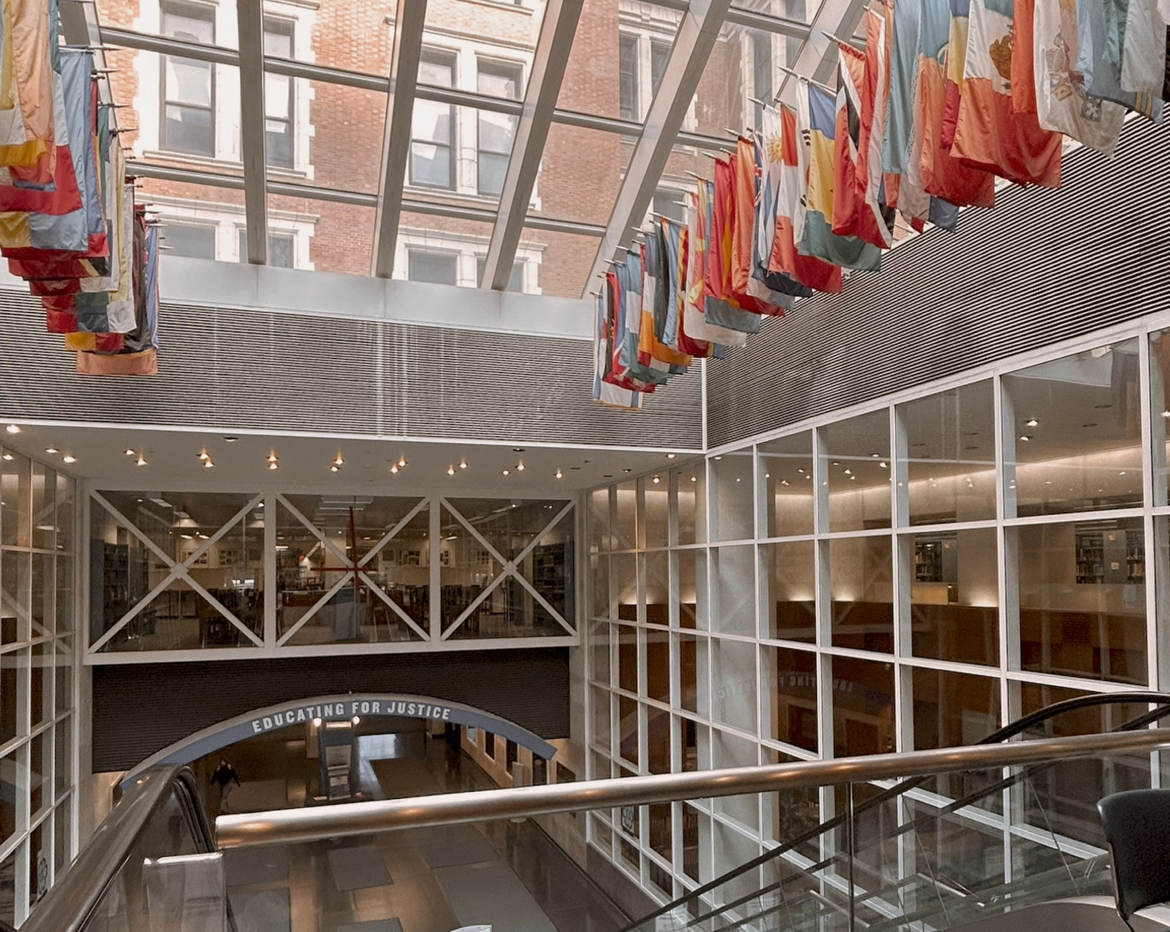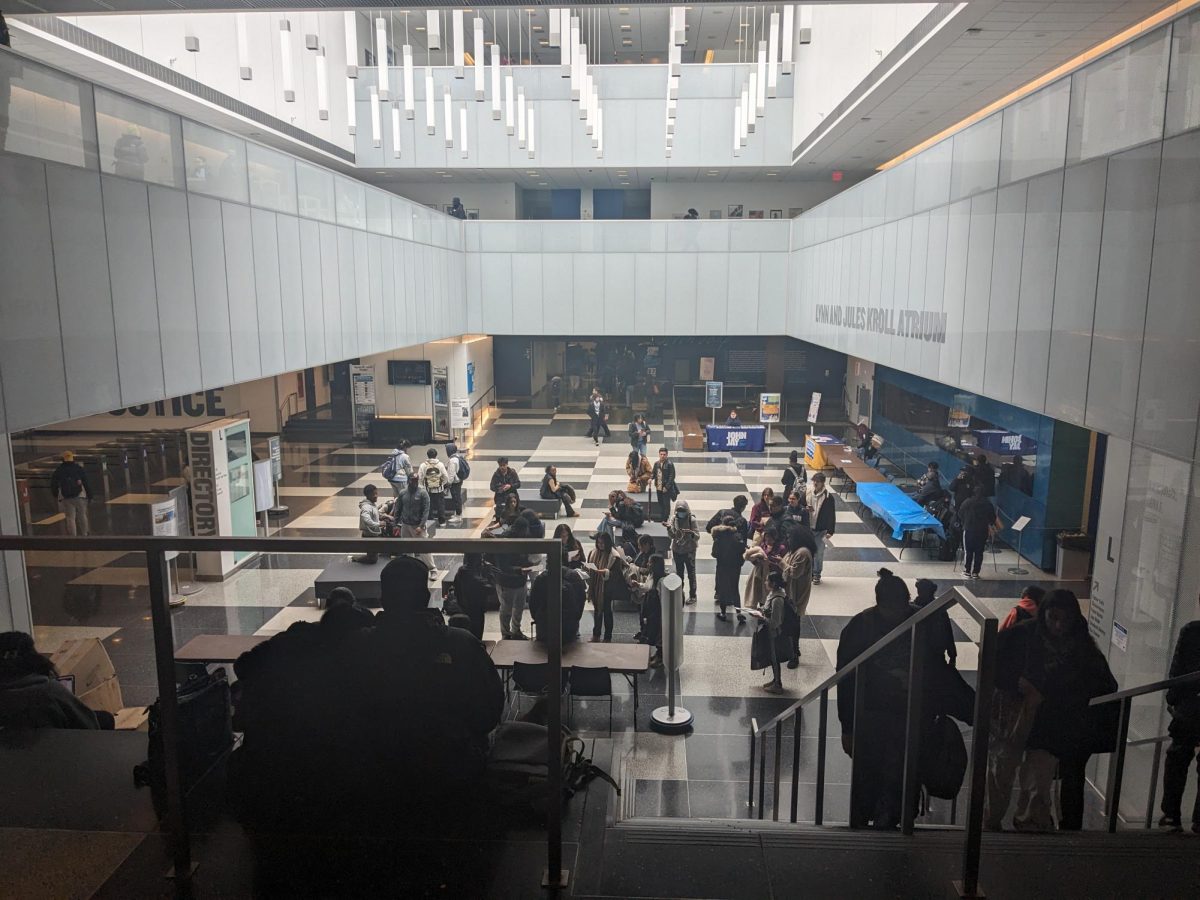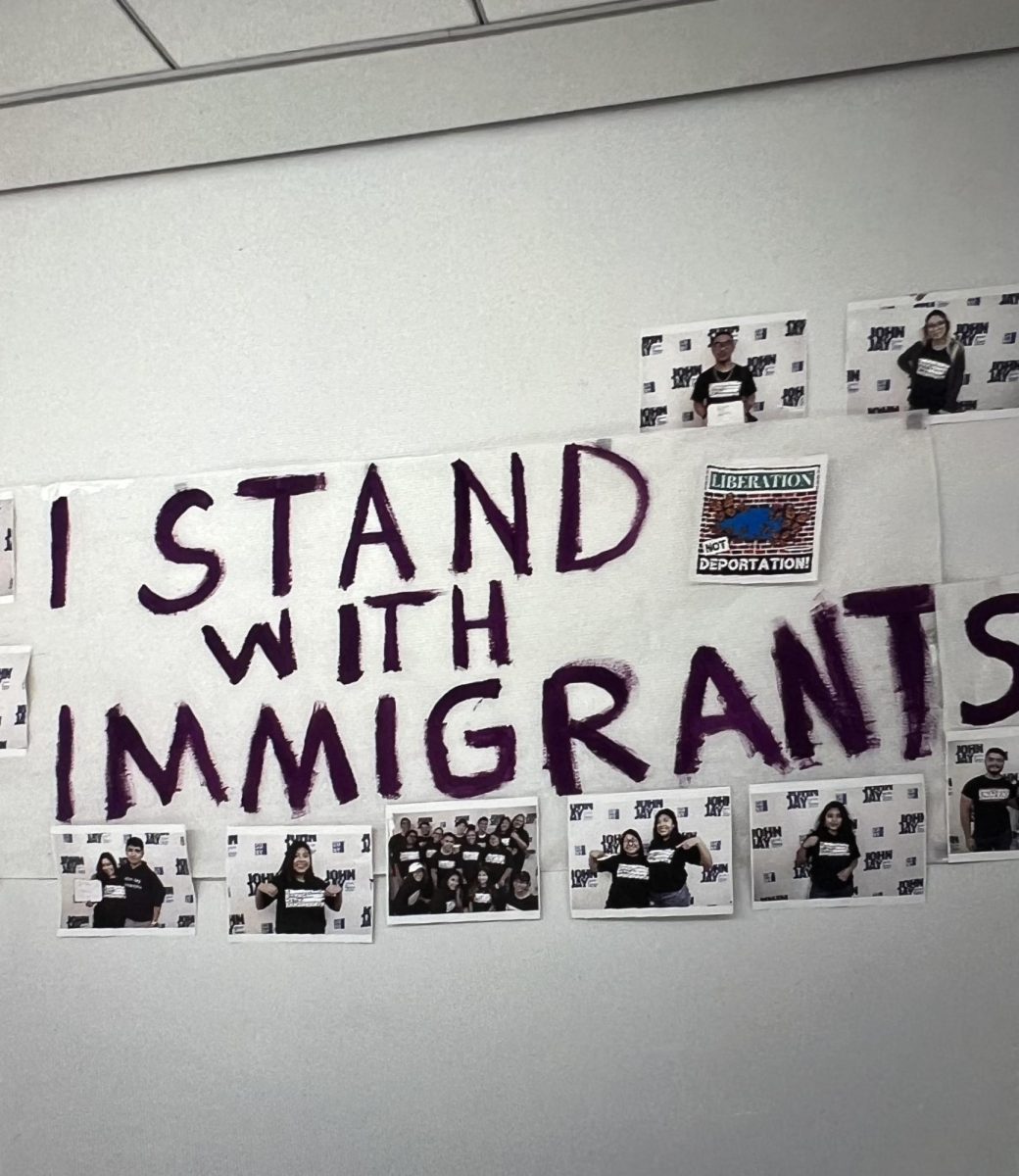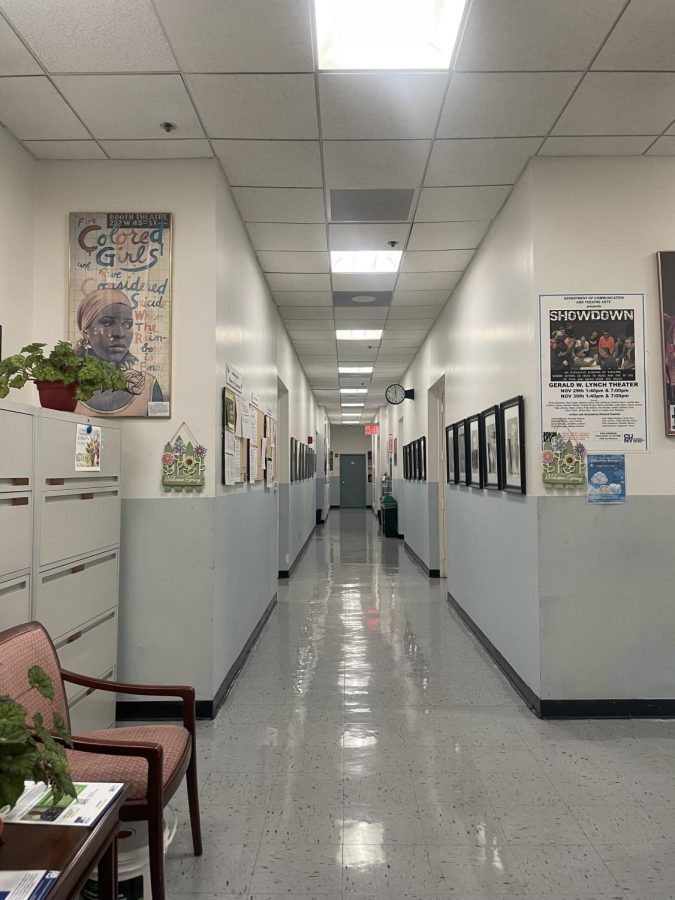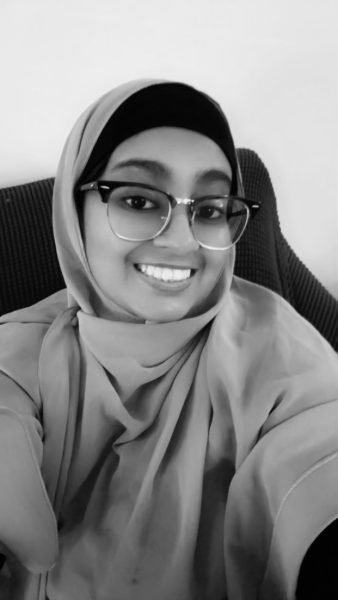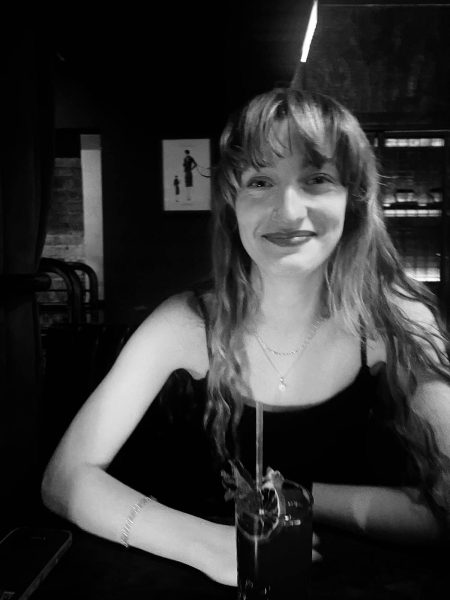The ongoing conflict between Israel and Palestine has been a significant source of discussion as well as rising tension on CUNY campuses.
Encampments have been established at college campuses across the country in efforts to express solidarity with Palestinians and to condemn what they perceive as injustices by the Israeli Defense Forces.
On Thursday, April 25, CUNY students, faculty, professors, and alumni set up an encampment on the lawn of the City College of New York (CCNY). This encampment follows those set up at Columbia University and New York University just a few days prior.
On April 29th, at 11:14 am, CCNY administration denied the protestors in encampments by removing access to basic needs. This included locking students out of the bathrooms on campus as well as shutting down the on campus food pantry, “Benny’s Food Pantry.”
The Cuny4Palestine Instagram responded to these actions by posting, “The CUNY administration supports the same genocidal entity that deliberately uses starvation as a weapon, and are using the same tactic against us.”
On the Harlem Heights campus at CCNY, a Palestinian flag was removed from the pole and tossed, as a law enforcement officer raised the American flag.
CUNY released a statement on May 1st, 2024 detailing the use of police force, explaining how students are allowed to peacefully protest, but condemning what they have deemed “repeated acts of violence and vandalism.”
The administration further explained that the goal of their actions is to continue to keep CUNY free from violence and harassment.
Due to these recent encampments, there were around 282 total arrests by the NYPD, 173 at City College, and 109 at Columbia University.
During the encampment, Columbia Protesters declared Hamilton Hall as “Hind’s Hall.” Protestors did this as an act of solidarity with Hind Rajab, a six year old girl who was reportedly killed in Gaza over two months ago by the IDF.
In calling for five demands from the administration, students took inspiration from the 1969 protests at City College.
The first demand calls for CUNY to divest from companies funding Israel.
The second demand calls for an academic boycott of Israeli universities and academic programs. This includes demanding the the ban of partnerships and trips to Israel, such as the Birthright and Fulbright programs.
Protest organizers urge solidarity with the Palestinian liberation movement in the third demand.
The fourth demand calls for the removal of Israeli Defense Forces (IDF) and the NYPD from college campuses.
The fifth demand calls for CUNY to be tuition free again.
In establishing these five demands, students took inspiration from the student protests at CCNY in 1969, when Black and Puerto Rican students occupied the campus’s south lawn for two weeks. Among the list of demands were separate schools of Black and Puerto Rican students and student inclusion in the organization of the SEEK program.
A student organizer at the CCNY encampment from Hunter College decided to remain anonymous and explained the protestors’ need to “risk it all for the sake of divesting and straying away from Israel,” noting that the “trauma and devastation [of the Palestinian people] is beyond what we can personally understand. It is the bare minimum to come here. Our tuition is funding the genocide of my people.”
This student also believes that the Palestinian cause is a part of their daily life, especially at school. “It’s a right to have a good education. A person shouldn’t have to choose between living their life and having to come to school directly. This correlates to the cause because of the horrible education conditions in Palestine,” the student said.
She also noted they feel a sense of community at the encampment, as “people from different walks of life and different parts of CUNY have united for one cause: Palestinian liberation.”
Many protestors are occupying the encampment because they believe it is a human rights issue and want to shine light on the Gaza blockade which has restricted the movement of people and goods.
CUNY students and families have joined the student activists on the lawn of City College, sharing sunscreen and masks. They also wear keffiyehs, traditional Palestinian headdresses, to show support. Scattered in their tents across the lawn, they have set up areas for poster and button making.
Members of the encampment leave to bring back cases of water and boxes of granola bars, Oreo cookies, and other food items to share.
At their teach-in on April 29th, members of CUNY on Strike, including adjunct faculty from across CUNY campuses, explained the importance of the assembly of the rank and file, noting that “The rank and file of the union are the union.”
Professor Danny Shaw, an adjunct professor in the Latinx Department at John Jay College, recently received a letter of non-reappointment of President Mason. He expressed that he has been doxxed and received death threats for making pro-palestinian remarks.
“If our mental health hasn’t been affected since October 7, then we’re either brainwashed or blind or deaf,” Shaw noted.
Shaw, who has been involved in Palestinian liberation movements since 1994, also noted that protestors have a “moral and historical responsibility to feel hope” and that they “can’t stop until Palestinians have the right to return to their homeland.”
A John Jay student activist who wishes to remain anonymous also shared their reasons for protesting at CCNY. “The censorship and zionist affiliations on campus have been truly disheartening. How dare John Jay claim to ‘educate fierce advocates for justice’ yet silence advocacy for the end of apartheid and settler-colonialism?”
This student believes others should look back at historical timelines. “We cannot be ‘fierce advocates for justice’ if we disregard the 75-years of occupation, 75 years of forced displacement, 75 years of inhumanity the occupation has subjected Palestine to.” They believe this encampment style is a feasible means to achieve this justice.
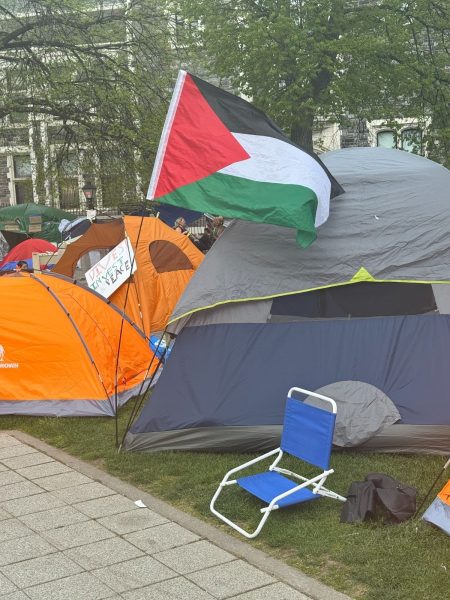
This student also embraced Shaw’s hopefulness in the movement, stating, “It is because of this that I know Palestinian liberation is non-negotiable. Palestine will be free, so that the children of the land once again rejoice beneath the shade of its olive trees.”
On April 30, members of the CCNY encampment even expanded into one of the buildings on campus. However, as the Israeli-Palestinian conflict grows, so do protests and police presence at these sites.
The encampment has been barricaded, and student activists have been pepper-sprayed and arrested.
Despite the police presence, members of the CUNY encampment and encampments across the city remain steadfast in their calls for divestment and liberation.
Rabiya Nazir, a senior at John Jay states “The younger generation has now decided to speak up, it is emotional to see that world leaders have given up. People finally understood their rights in the constitution, the right to speech and assembly.”




